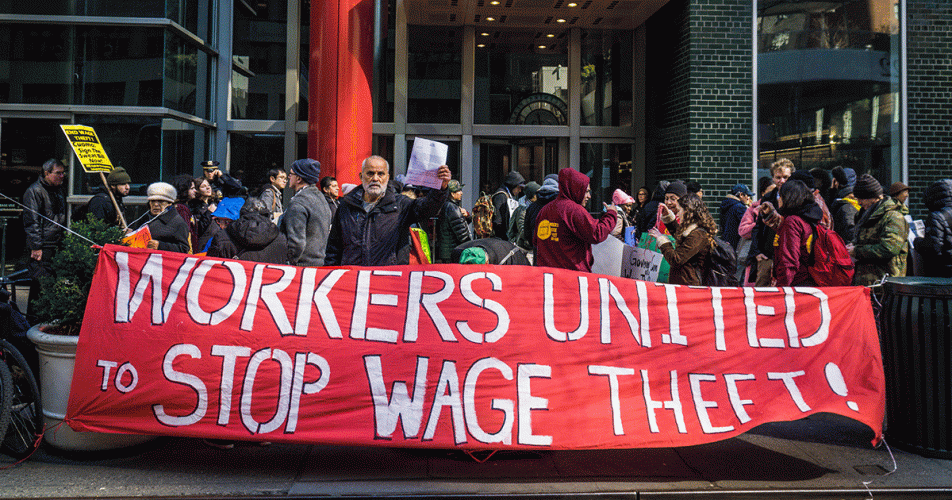Update on wage theft and Professional Employees Award changes
In March, we first discussed wage theft and the national impact of employers deliberately and dishonestly underpaying or not paying staff wage entitlements, including superannuation payments.

According to Workplace Express, wage theft is costing Australians $850 million a year and this figure is thought to be conservative.
In relation to employers not complying with workplace laws, Maurice Blackburn Employment Lawyer Patrick Turner has been quoted by ABC News to say, “It just reflects the need to treat wage theft just as seriously as we currently treat theft by employees, and there needs to be criminal penalties for people who deliberately underpay their staff”.
The recently delayed Bill (Closing Loopholes) would amend the Fair Work Act 2009 (FW Act) to introduce criminal offence for wage theft, which applies to intentional conduct, in order to protect Australian workers.
This is not a new concept as it is already a criminal offence in Victoria. The bill however will unify the rest of Australia.
The Loopholes Bill has been delayed next year while the Senate inquiry into the legislation has scheduled six hearings across the states and territory with Queensland’s hearing held in Rockhampton on 20 November.
On 16 September 2023, key changes were introduced to the Professional Employees Award which covers medical researchers. This award is predominantly one of the most flexible Modern Awards due to the terminology and wording used which encourages employers and employees to negotiate their own arrangements. It is essentially this flexibility that will change with the key changes now specific around:
- overtime and penalty rates
- the averaging of ordinary hours
- recording keeping for hours in excess of ordinary hours.
The changes will not impact employers who currently pay their employees at least 25 per cent in excess of the minimum annual wage for their classification.